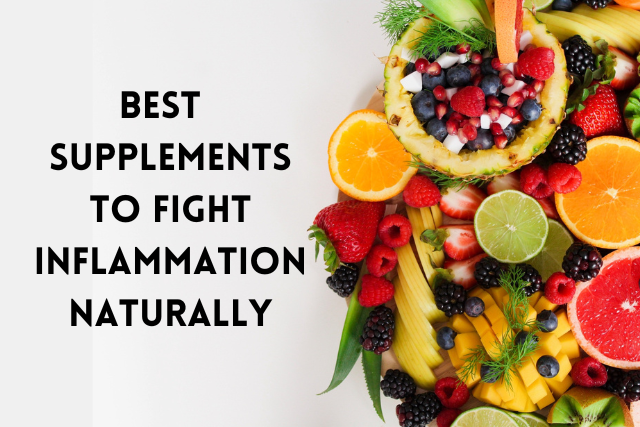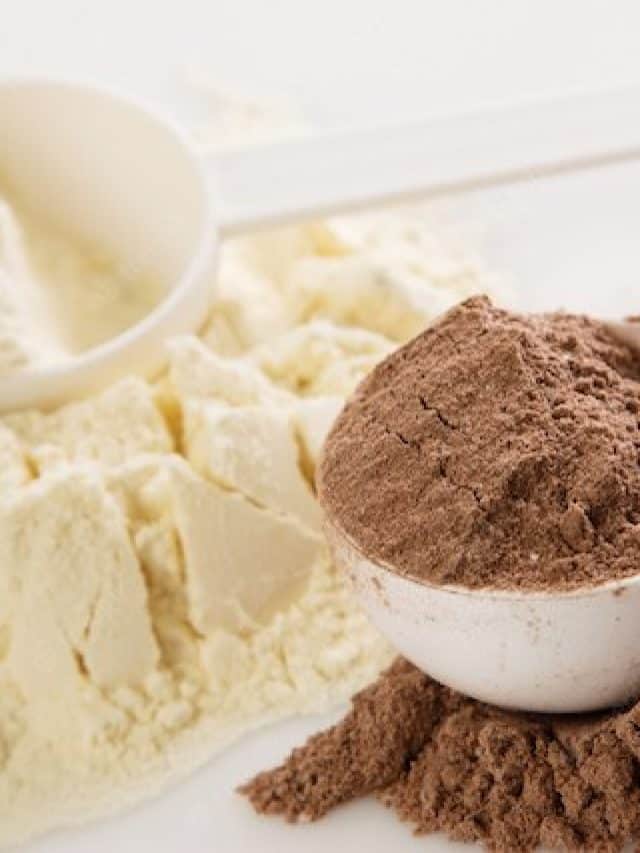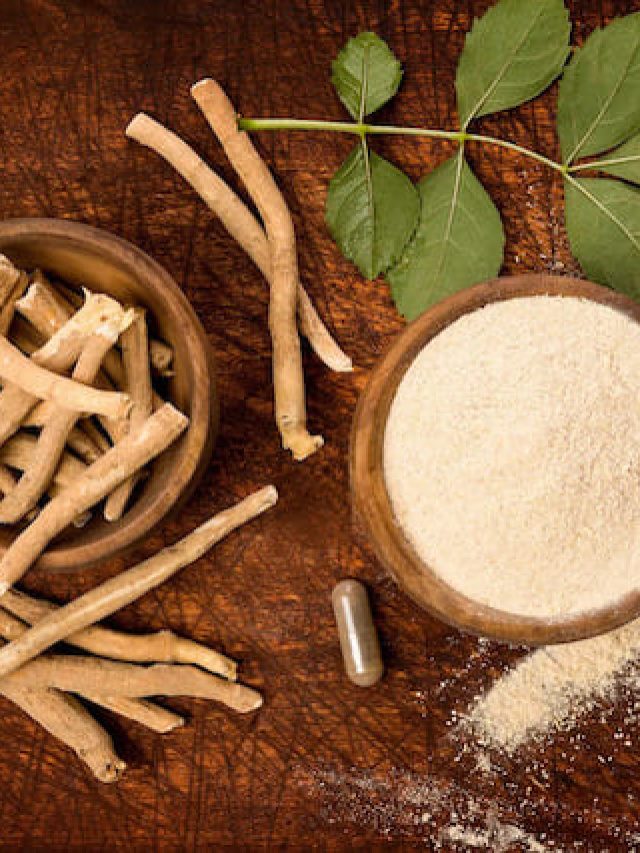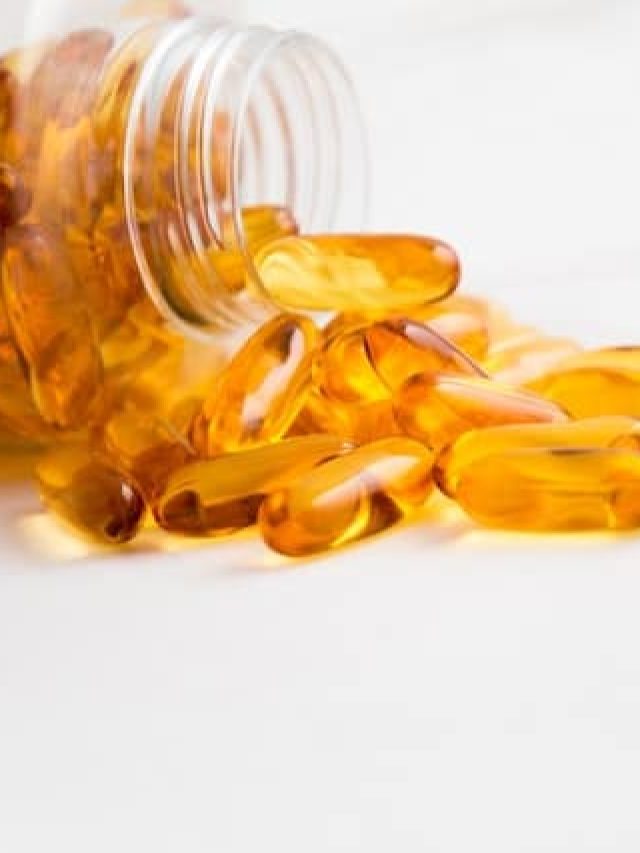In today’s fast-paced world, chronic inflammation has become a prevalent health concern. While inflammation is a natural response of the body to injury or infection, chronic inflammation can contribute to a range of chronic diseases, including heart disease, diabetes, and arthritis. The good news is that you can take control of your health by incorporating the right foods and supplements into your diet. In this comprehensive guide, we’ll explore the best foods and supplements to fight inflammation naturally and promote overall well-being.
What Is Inflammation?
Inflammation is a complex biological process that plays a vital role in our body’s defense mechanisms. It’s a part of the immune response that helps protect us from harmful invaders like bacteria and viruses. However, when inflammation persists over an extended period, it can damage healthy tissues and contribute to various health issues. Understanding the types of inflammation and how they impact our health is the first step towards combating it.
Different Types of Inflammation
There are two primary types of inflammation:
Acute Inflammation
This type of inflammation occurs as an immediate response to injury or infection. It’s typically characterized by symptoms like redness, swelling, warmth, and pain. Acute inflammation is a natural and necessary process that helps the body heal. For instance, when you injure your knee, the subsequent swelling and redness are signs of acute inflammation as your body rushes to repair the damage.
Chronic Inflammation
Chronic inflammation, on the other hand, is a prolonged, low-grade inflammation that can persist for weeks, months, or even years. It often goes unnoticed because it lacks the dramatic symptoms of acute inflammation. Chronic inflammation can contribute to the development of various chronic diseases, including cardiovascular diseases, cancer, and autoimmune disorders. Unlike acute inflammation, which is a protective response, chronic inflammation can be harmful to your health.
5 Foods That Increase Inflammation
To combat inflammation, it’s crucial to first identify and reduce the consumption of foods that can exacerbate it. Here are five common culprits:
1. Sugary Foods: High sugar intake can lead to insulin resistance and chronic inflammation. Sugary beverages, processed snacks, and sweets are primary sources of added sugars that should be limited in your diet.
2. Trans Fats: Trans fats found in many processed and fried foods can promote inflammation and increase the risk of heart disease. Check food labels for partially hydrogenated oils, and avoid foods that contain them.
3. Refined Carbohydrates: Refined grains, such as white bread, pasta, and pastries, can spike blood sugar levels and contribute to inflammation. Opt for whole grains like brown rice, quinoa, and whole wheat bread instead.
4. Processed Meats: Processed meats like sausages, hot dogs, and bacon contain additives and preservatives that may trigger inflammation. These meats are also often high in saturated fats, which can contribute to inflammation and heart disease. Instead, choose lean, unprocessed protein sources like poultry, fish, and legumes.
5. Excessive Alcohol: Heavy alcohol consumption can lead to liver inflammation and other health issues. If you choose to drink alcohol, do so in moderation, and be aware of the recommended limits for your gender and age group.
Learn More: The Impact of Alcohol on Muscle Growth: What You Need to Know
Supplements to Reduce Inflammation
In addition to incorporating anti-inflammatory foods into your diet, certain supplements can help reduce inflammation naturally:
1. Omega-3 Fatty Acids: Omega-3 supplements, such as fish oil supplements, can provide an extra boost of anti-inflammatory benefits. These supplements are particularly beneficial if you don’t consume fatty fish regularly.
2. Curcumin: Curcumin supplements can be a convenient way to harness the anti-inflammatory properties of turmeric. Look for high-quality curcumin supplements with proven bioavailability to ensure optimal absorption.
3. Probiotics: Probiotic supplements support a healthy gut microbiome, which plays a crucial role in reducing inflammation. A balanced gut microbiome can help regulate the immune response and reduce the risk of chronic inflammation.
4. Ginger Extract: Ginger supplements may help reduce inflammation and alleviate digestive discomfort. Gingerols, the bioactive compounds in ginger, have demonstrated anti-inflammatory effects in research studies.
5. Vitamin D: Adequate vitamin D levels are associated with reduced inflammation. Vitamin D supplements may be beneficial, especially if you have a deficiency or live in a region with limited sunlight exposure.
Learn More: The ABCs of Essential Vitamins: Vitamins A, B, C, D, E, and K
Conclusion
Remember that a balanced diet that includes a variety of these foods, along with a healthy lifestyle, plays a crucial role in maintaining a healthy inflammatory response. Always consult with a healthcare professional before making significant changes to your diet or starting any new supplements, especially if you have underlying health conditions. Your path to reduced inflammation and improved well-being starts with the choices you make every day.











